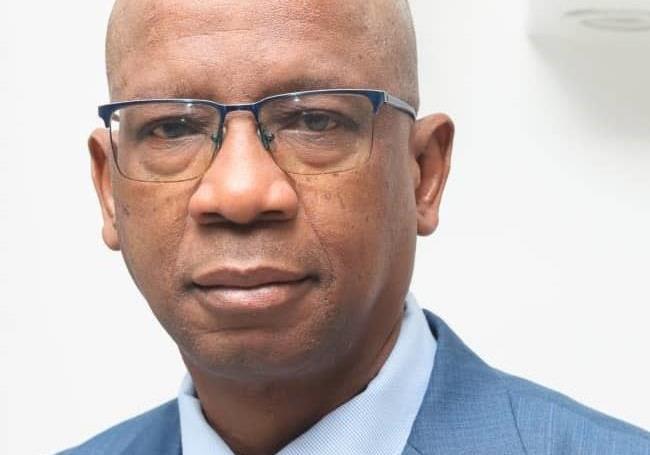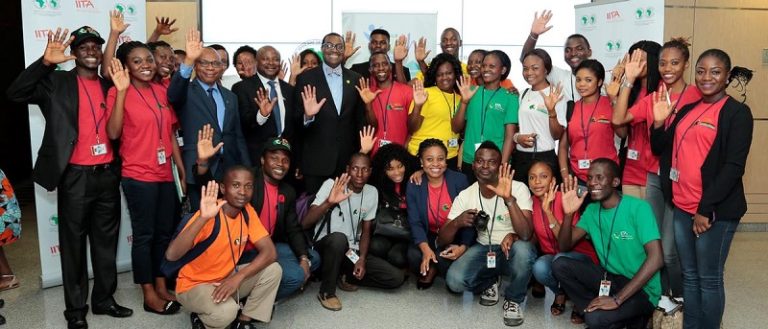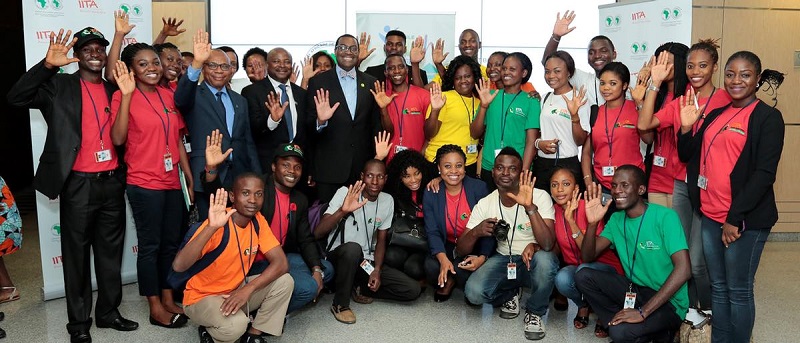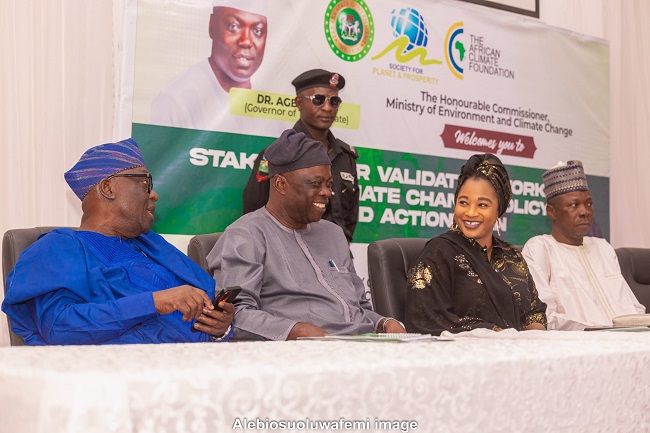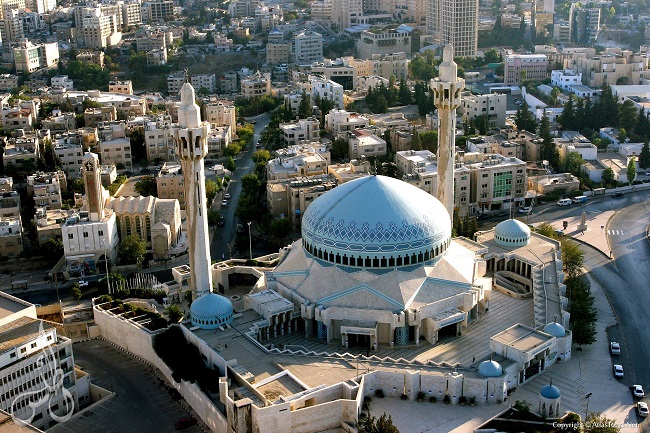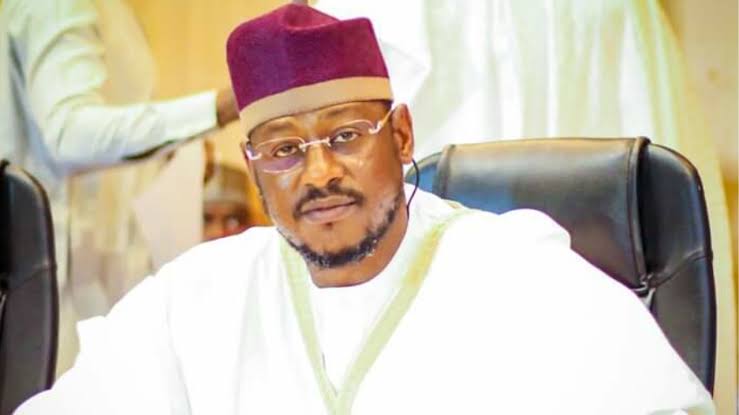Enugu State Government says it has intensified sensitisation of poultry farmers, traders
and the general public on the risks associated with the Highly Pathogenic Avian Influenza (HPAI), known as Bird Flu.

The government said the action was to educate stakeholders dealing directly on birds on the necessary prevention strategies of bird flu.
Mr. Patrick Nwabueze Ubru, the State Commissioner for Agriculture and Agro-Industrialization made the disclosure in a statement on Wednesday, January 15, 2025, in Enugu.
According Ubru, the Enugu State Government wishes to alert the general public and relevant stakeholders about an outbreak bird flu which has been reported in Kano State.
He said the outbreak had affected various bird species, including layers, ducks, guinea fowl, and turkeys.
“Given the disease’s epidemiology and the current environmental conditions in Nigeria, there is a significant risk of the disease spreading to neighboring states and beyond, if adequate preventive measures are not taken.
“To mitigate this risk and safeguard the poultry industry as well as public health in Enugu State, the Ministry of Agriculture and Agro-Industrialisation has directed its Veterinary personnel to increase the implementation of the preventive measures,” he said.
The Commissioner added that awareness, surveillance and monitoring teams had been deployed to closely monitor poultry farms and markets for any signs of HPAI.
He urged all residents to promptly report any unusual bird deaths or symptoms indicative of HPAI to the ministry or any other veterinary personnel available.
“It is the responsibility of the stakeholders to maintain strict biosecurity measures and report any suspicion.
“The Enugu State Government is committed to ensuring the safety of its residents and the sustainability of the poultry sector,” he said.
He, however, called for the cooperation from all stakeholders to essentially prevent the spread of HPAI and protect both human and animal health.
“For further inquiries or to report any suspicious cases, please contact the Ministry of Agriculture and Agro-Industrialisation. We appreciate your vigilance and cooperation in this matter,” Ubru said.
In a related development, the Gwale Veterinary Clinic on Wednesday confirmed the outbreak of birds flu in Kano, which killed 32 birds in the area.
The officee in-charge of the clinic, Dr Abdullahi Gaya, made the confirmation in an interview with newsmen in Kano.
Gaya said the Index Case of the disease was first observed on December 7, when a young man brought dead guinea fowl to the clinic.
He said after a presumptive diagnosis of the dead bird, its sample was taken to the National Reference Laboratory in Jos where the disease was confirmed.
Gaya said the guinea fowl died alongside several other birds including chickens and ducks which cohabited at his backyard.
The veterinary doctor advised poultry keepers to always isolate birds newly bought from the market for at least two weeks before mixing them with others in their stocks.
He also advised them to always take their birds to the nearest veterinary clinic when they noticed any sickness among them.
Gaya also advised people to avoid touching dead animals so as to avoid getting infected by some diseases they might carry.
The State Commissioner for Health, Dr Abubakar Yusuf, also confirmed the outbreak of the disease.
Yusuf told journalists that the outbreak started when a young man introduced a duck to his stock, leading to the death of 35 out of 50 birds.
He said the outbreak had prompted the state Ministry of Agriculture to take measures to contain its spread.
To prevent further spread, he said, the state Ministry of Agriculture had sealed the affected area, depopulated the remaining chickens and decontaminated the compound.
The commissioner said the Ministry had also decontaminated the premises where live birds are sold at the Janguza market and educated sellers on the effects of bird flu.
“While the situation is under control, residents, especially poultry rearers have been urged to immediately report any suspected case to the authorities,” he said.
By Alex Enebeli and Aminu Garko



